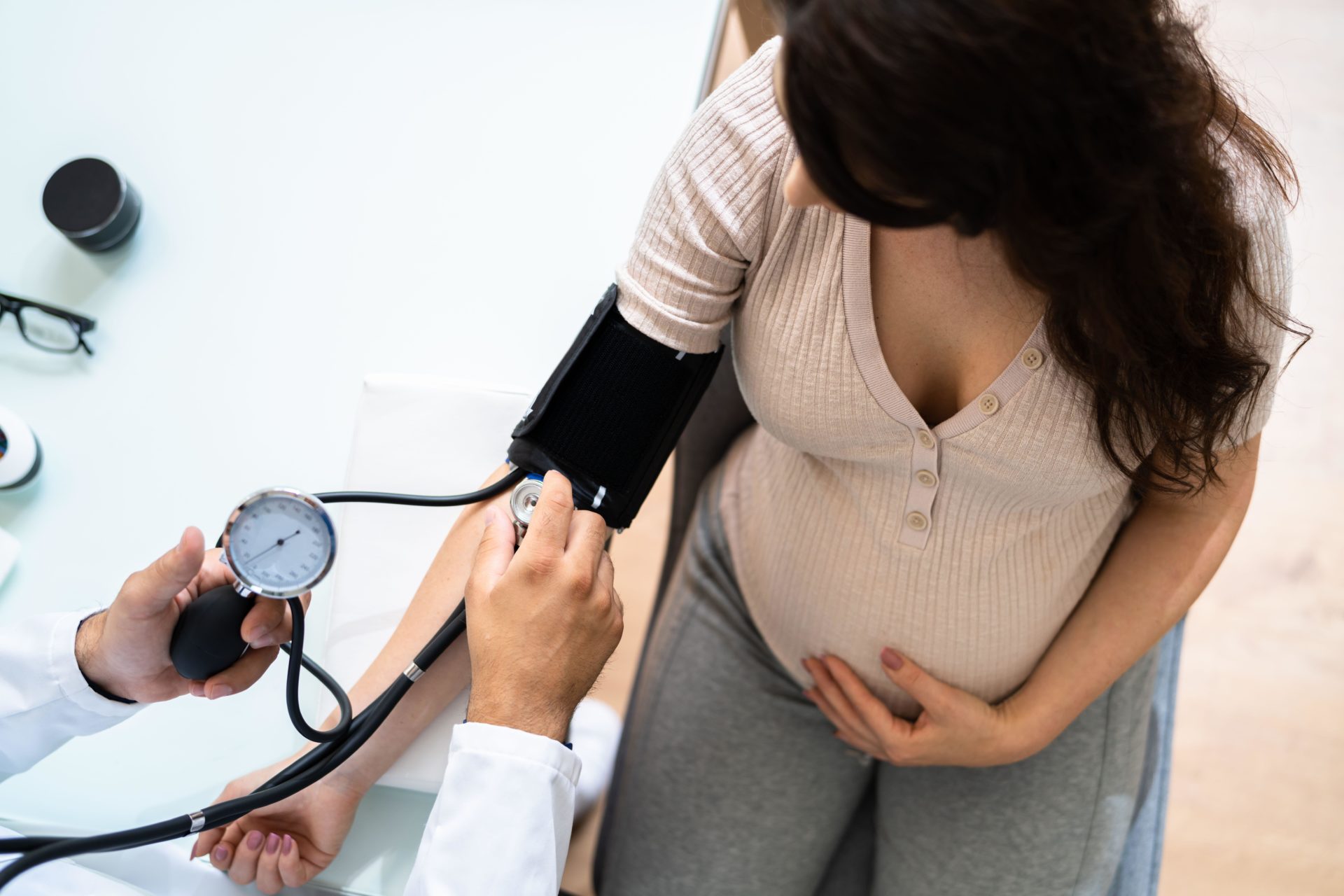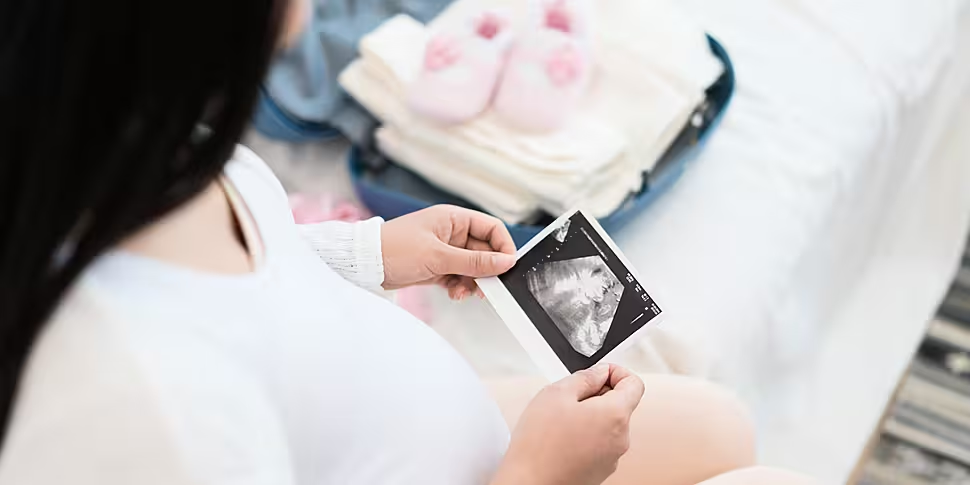This week on Making Babies, Master of the National Maternity Hospital Professor Shane Higgins answered a range of listeners' questions about issues faced during pregnancy.
One listener said she was diagnosed with an underactive thyroid during her pregnancy two years ago.
“I’m still on medication, I’ve had blood tests – is it normal to get hypothyroidism during pregnancy and then continue to have it for life?” she asked Lunchtime Live.
Prof Higgins said it is possible this patient had hypothyroidism prior to her pregnancy, but that it was not picked up on.
“If you have features of either hyper of hypothyroidism, then it’s important that it is checked out – it's very important for the pregnancy and for the well-being of your baby,” he said.
“But sometimes it’s just if you have a very mild condition, you may just not be aware of it yourself and a blood test in pregnancy might pick it up.
“As a consequence of that, then you’re started on something like L-thyroxine and would continue on that indefinitely.”
 Close-up Of Male Doctor Measuring Blood Pressure Of Pregnant Woman In Clinic. Image: Andriy Popov / Alamy. 23 May 2021
Close-up Of Male Doctor Measuring Blood Pressure Of Pregnant Woman In Clinic. Image: Andriy Popov / Alamy. 23 May 2021Another listener asked what it means that she has fluid near her ovaries.
"I recently did some fertility testing – AMH level is 9.07 and I have fluid near my ovaries,” she said.
“My doctor told me we still have a good chance of getting pregnant, but I’m now up the walls worried, I don’t know what to do.”
According to Prof Higgins, fluid near the ovaries could be a sign of multiple things.
He said if the fluid is “suspicious in any way”, a laparoscopy could be needed.
“It could be a hydrosalpinx fluid in the fallopian tube, which could in fact be more likely to cause you problems than your AMH,” he said.
“So, it’s important that’s followed up to make sure that it isn’t something that should be dealt with or could be dealt with that would help.”
Osetoporosis
Prof Higgins also took a question on how to manage osteoporosis during pregnancy.
“Are there any increased risks for a woman with osteoporosis during pregnancy?” a listener asked.
“I have osteoporosis and I take HRT and Forsteo injections.”
Prof Higgins recommended to see an obstetrician or gynaecologist to “get a sense of what’s the reason for the osteoporosis”.
“What’s the impact of the HRT? Are you actively trying to conceive? What’s your age? What are the other confounding factors or variables?” he said.
“So, I think going to see a health care professional in that circumstance would be important.”
Main image: Pregnant woman holding ultrasound image. Image: Prasit Rodphan / Alamy. 3 February 2018









